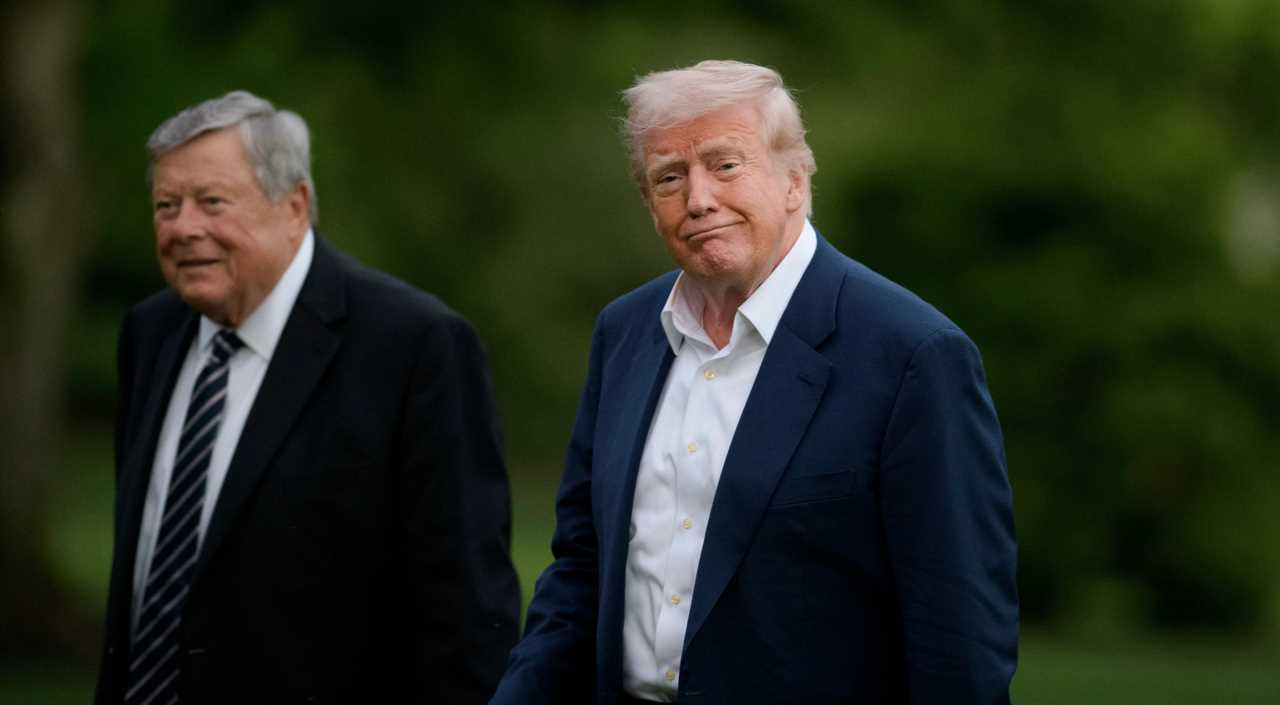
The recent confirmation of negotiations between Rwanda and the Trump administration regarding deported migrants raises critical questions regarding global migration policies and the UK's shifting stance on the issue. As discussions unfold, the complexities of international migration dynamics come to the forefront, highlighting the intersecting interests of various countries in managing migrant populations.
Analysis: Shifting Political Landscapes and Migration Realities
Rwanda's engagement in talks with the US signals a broader trend of nations seeking alternative solutions for deported migrants. The decision by the UK, under Sir Keir Starmer's leadership, to terminate a similar programme adds layers of scrutiny to the evolving strategies employed by different governments. The repercussions of such policy shifts reverberate across continents, impacting the lives of individuals caught in the midst of geopolitical decisions.
The Wider Context: Humanitarian Concerns and Ethical Considerations
Amidst the discussions surrounding migration agreements, it is crucial to centre the experiences and rights of the migrants themselves. The language of 'humiliation' used in political discourse reflects a dehumanising narrative that often overlooks the underlying vulnerabilities and challenges faced by those affected. As governments negotiate the fates of migrants, ethical frameworks and humanitarian principles must guide decision-making processes.
Global Perspectives and Local Realities: Interconnected Migration Policies
The interconnected nature of migration policies underscores the need for collaborative and empathetic approaches to address the complexities of human mobility. From Trump's deportation measures to Rwanda's willingness to engage in discussions, the intricate web of global migration governance requires a nuanced understanding of shared responsibilities and collective responses. At the heart of these deliberations lie fundamental questions of justice, equity, and solidarity.
Historical Precedents and Contemporary Challenges: Lessons from the Past
By contextualising current developments within historical frameworks, we gain valuable insights into the persistent challenges of migration management. The legacies of colonialism, economic disparities, and political upheavals shape present-day migration patterns, highlighting the enduring impact of past injustices on contemporary policy decisions. Recognising these historical underpinnings is essential for crafting inclusive and effective migration policies.
In conclusion, the evolving dynamics of migration governance demand a nuanced approach that acknowledges the multifaceted nature of human mobility. As nations grapple with complex migration realities, it is imperative to uphold human rights, dignity, and solidarity at the centre of policy discussions. By engaging critically with the intersecting forces shaping migration policies, we move towards a more compassionate and equitable global framework for addressing the challenges and opportunities of migration in the 21st century.
Did you miss our previous article...
https://trendinginthenews.com/uk-politics/analysis-political-responses-to-grooming-scandal-draw-criticism






